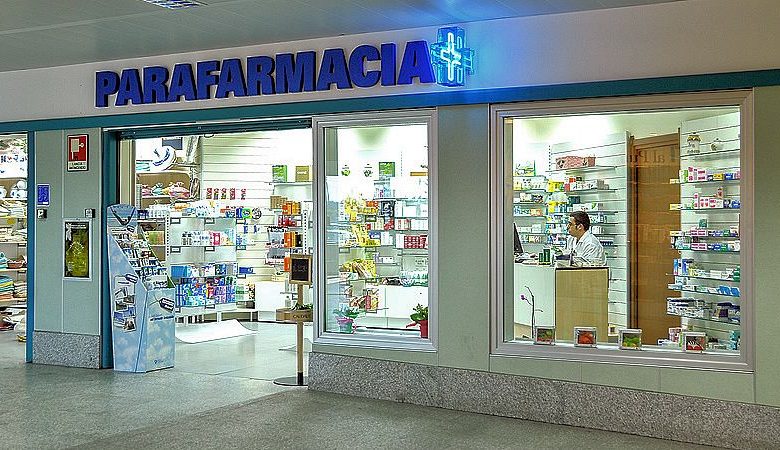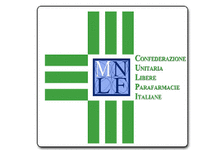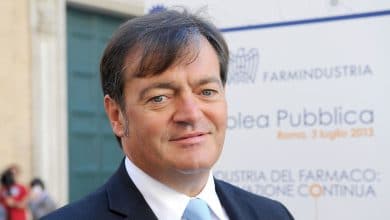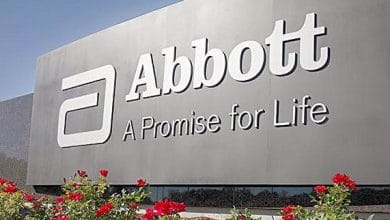
 “The unemployment pharmacy is one responsibility of the owners. When in a professional category the number of precarious or unemployed people under the age of 45 reaches 23.5% (national figure 12.4%) there is obviously a problem”.
“The unemployment pharmacy is one responsibility of the owners. When in a professional category the number of precarious or unemployed people under the age of 45 reaches 23.5% (national figure 12.4%) there is obviously a problem”.
This is the accusation of the National Free Pharmacists Movement, according to which the economic crisis "has made itself felt less in pharmacies than in other sectors, so much so that the first quarter of 2015 closed with a plus sign (2.8%), it is legitimate to ask a few questions".
According to Vincenzo Devito, president of the Mnlf, "the levels of unemployment and the highest levels of underemployment are dictated by the irresponsible behavior of a large part of the pharmacy owners".
When "post-graduate apprenticeship contracts are used increasingly massively, a real professional outrage for those who already have to take the pre-graduate apprenticeship, when part-time work is casually used, atypical contracts are used, irresponsibility can and must be denounced".
Ministerial table on pharmacists: enhancing the profession in the NHS
Patient information services, from the correct use of the drug, to the interaction between drugs and with food, to the conservation and disposal of expired drugs, collaboration with GPs and paediatricians of free choice, to develop patient empowerment and compliance; collaboration between districts and MMGs to develop integrated home care, involvement of pharmacies and pharmacists in prevention; participation in training and information campaigns on health and prevention; provision of IT services; new perspectives for the profession. These are the starting points for the table launched by the Ministry of Health, with the participation of the General Directorate of Health Professions and Human Resources of the NHS, dedicated to the professional activity of pharmacists and to the enhancement of their role in the NHS, which saw the participation of 7 representatives of the supply chain in the first settlement meeting (Fofi, Federfarma, Assofarm, Fnpi, Sifo, Fenagifar, Utifar). The context is that of a health system grappling with the need to reorganize and optimize itself, also in the light of economic savings, a process of dehospitalization and territorialization of care that has not yet been fully implemented, as well as total patient care and greater integration between all professions and players in the NHS, a health pact still to be implemented, but also the convention. If the first meeting served above all as a "cognitive and informative tour and to better outline the objectives - to those indicated by the ministry were also added a review of the university and post-graduate training path and the implementation of the competitions", he explains Pia Policicchio, president Fenagifar, a next appointment could be in September. «For now we have started thinking about how to address these points and each of us has put intentions, positions, needs and skills on the table». And the first comments from the profession arrive on the table: «We consider the table very positive and a great opportunity for our profession» he explainsMaria Grazia CattaneoSifo Vice President. «Several messages have emerged: great collaboration between the entire supply chain but also multi-professional within the NHS, an enhancement of the profession in all phases in which the pharmacist is relevant in drug therapy and in the use of devices, the importance of the profession to protect the patient and the good use of the therapy. And, in this, the priority is to place the patient at the center of the process. I consider the involvement of the human resources management to be particularly important, a sign that importance is given to the person who works, to the professional, to the skills. And I believe that there is no way to clarify the responsibilities of the various components of the profession, also giving minimum quality standards, with the hope that recognition will ensue, to work in the best way. And this can be an indispensable premise for an extension of the dialogue to other professions». As for «my intervention in the table, I emphasized the need for the table to follow the patient's entire journey as a whole, in a logic of system, of taking charge, of real continuity of care and HT. It is a question of not looking at the assistance in pieces but in terms of a succession of paths: only in this way can one realize that all the figures and skills are needed and it will be possible to start a real process of integration. But also to the concept that optimization must derive from a quality of routes, it is attention to quality that determines a better and more efficient functioning of the NHS. And in general, the whole process should be accredited for minimum quality standards, which you cannot fail to have, to protect the patient and the operators ». But also fundamental "the importance of young people, of training, of skills: for this reason it is necessary to protect university and specialist studies, also financially supporting the young people who choose our profession". Reflections also go to «computerization of the paths to protect continuous monitoring and safety and the national therapeutic handbook: the hope is that the lack of homogeneity on the national territory can be overcome to protect the equity of our NHS. The presence of the pharmacist in hospital wards, as part of the care team, is desirable, due to their skills".
In short, «expectations are high, for the good of the NHS and the patient. There is no time to waste and this is an opportunity that is given to us. The enhancement of the profession also passes through the dialogue and debate that arises about it. We will be fully available and, as we have always done, we will spare no effort by making our skills and strength available".
«I believe that the table is a demonstration of how the Ministry of Health really cares about the profession, believes in the possibility of the pharmacist to be a point of reference for the citizen of the NHS and believes in the pharmacy as an actor in this process and as a provider of services. On the other hand, no structure such as the pharmacy can have this capacity» is Policicchio's opinion. «The work on which the Ministry asks us to concentrate is to arrive at a vision shared by all the components of the profession of problems and solutions for the NHS, in the direction of a project shared by all. But the underlying concept is also that of the network, of building a collaboration also with general medicine and free-choice paediatrics, among all aspects of the NHS. We are at the beginning, the work is certainly long and much will depend on the availability of all the participants».





